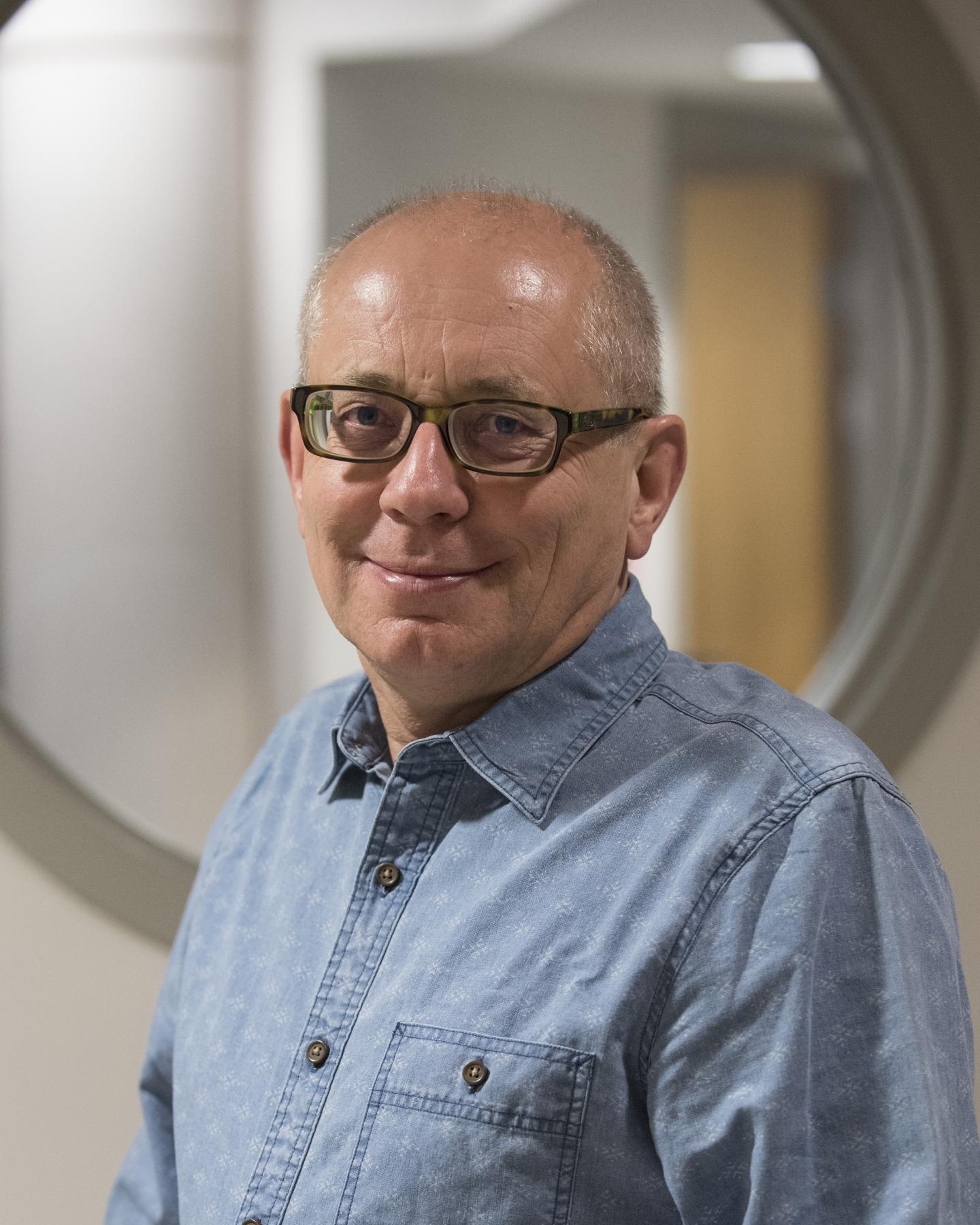UofL researcher part of international team of scientists, findings published today in Science Advances

Credit: UofL
New science uncovers how an unlikely culprit, Porphyromonas gingivalis (Pg) – the bacterium commonly associated with chronic gum disease – appears to drive Alzheimer’s disease (AD) pathology.
A paper published today in Science Advances details how researchers identified Pg in the brains of patients with AD.
University of Louisville researcher Jan Potempa, Ph.D., Department of Oral Immunology and Infectious Diseases in the School of Dentistry, was part of the team of international scientists led by Cortexyme Inc., a privately held, clinical-stage pharmaceutical company.
According to Potempa, although infectious agents have been implicated in the development and progression of Alzheimer’s disease, the evidence of causation hasn’t been convincing.
However, “we now have strong evidence connecting P. gingivalis and Alzheimer’s pathogenesis, but more research needs to be done before P. gingivalis is explicitly implicated in the causation or morbidity of AD.
“An even more notable aspect of this study is demonstration of the potential for a class of molecule therapies targeting major virulence factors to change the trajectory of AD, which seems to be epidemiologically and clinically associated with periodontitis,” Potempa said.
In animal models, oral Pg infection led to brain colonization and increased production of amyloid beta (Aβ), a component of the amyloid plaques commonly associated with AD.
The study team also found the organism’s toxic enzymes, or gingipains, in the neurons of patients with AD. Gingipains are secreted and transported to outer bacterial membrane surfaces and have been shown to mediate the toxicity of Pg in a variety of cells. The team correlated the gingipain levels with pathology related to two markers: tau, a protein needed for normal neuronal function, and ubiquitin, a small protein tag that marks damaged proteins.
Seeking to block Pg-driven neurotoxicity, Cortexyme set out to design a series of small molecule therapies targeting Pg gingipains. In preclinical experiments detailed in the paper, researchers demonstrated that by inhibiting the compound COR388, there was reduced bacterial load of an established Pg brain infection, blocked Aβ42 production, reduced neuroinflammation and protected neurons in the hippocampus – the part of the brain that mediates memory and frequently atrophies early in the development of AD.
In October 2018, Cortexyme announced results from its Phase 1b clinical trial of COR388 at the 11th Clinical Trials in Alzheimer’s Disease Conference. COR388 showed positive trends across several cognitive tests in patients suffering from AD, and Cortexyme plans to initiate a Phase 2 and 3 clinical trial of COR388 in mild to moderate AD in 2019.
###
Read the entire Science Advances paper here: http://advances.
Media Contact
Julie Heflin
[email protected]
Original Source
https:/
Related Journal Article
http://dx.




